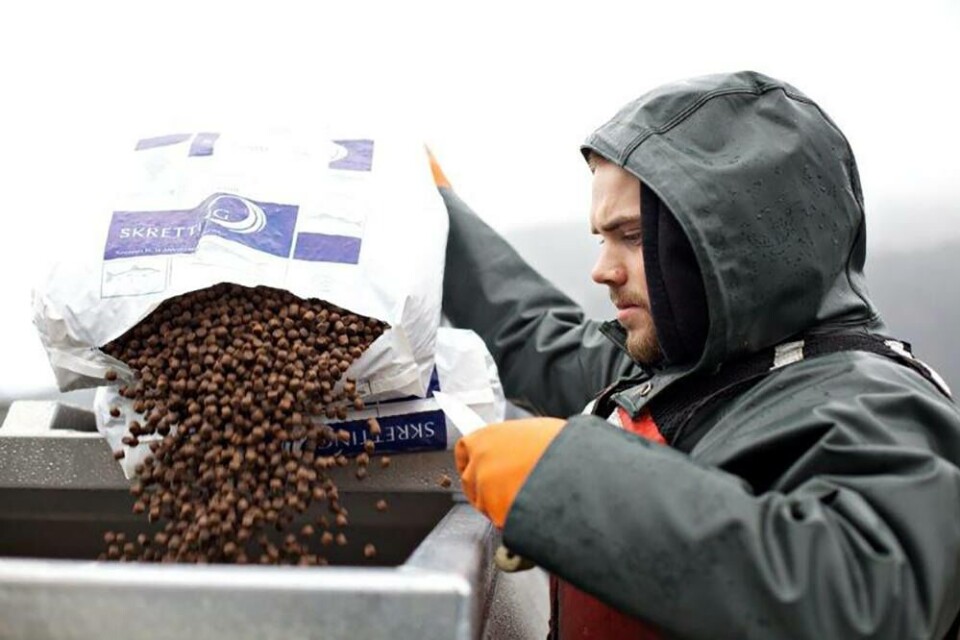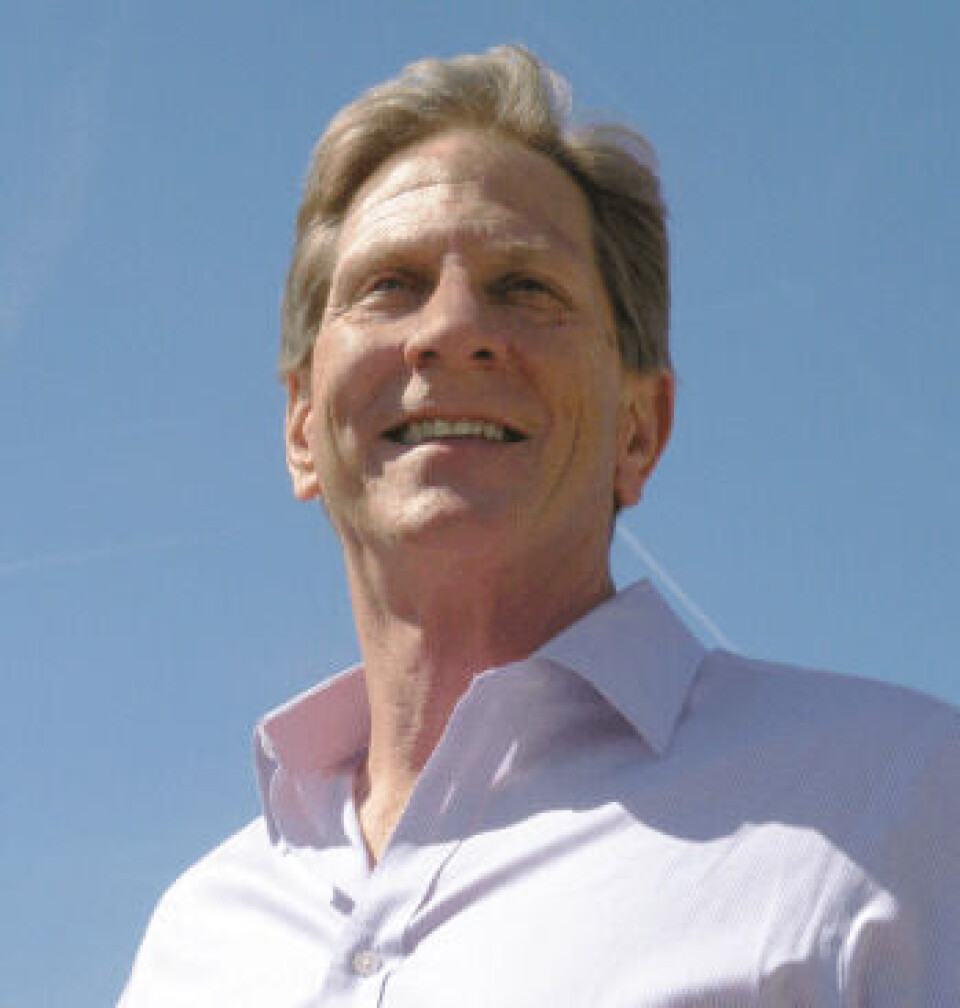
Industry ‘must win hearts and minds’
Scott Nichols, founder and chief executive of Food’s Future, has warned that the aquaculture industry needs to change the way it communicates, as the “most crucial period in the history of food production” looms.
Nichols, who launched the organisation that promotes economically and environmentally sustainable aquaculture ventures in 2015, told fishfarmingexpert.com: “In the United States in 1985, per capita seafood consumption was 15.1lbs per person. And after 31 years of marketing, of market development, of communication, and positioning, what is it now? Just 15.5 lbs per person per year. Consumption of seafood is flat. It’s gone as high as 16.5lbs and as low as 13.2lbs over that period but statistically speaking, when you look at the numbers, there’s no change. There’s variation, but there’s no change.
“And it’s incumbent on those of us in the industry to look at those numbers and say: ‘We in the industry have failed.’ The way we have communicated is ineffective and we need to change that quickly.”
Nichols, who is a member of the board of directors for the Aquaculture Stewardship Council, was speaking shortly after hosting an ASC panel discussion which focused on feed ingredients and methods to reduce aquaculture’s environmental footprint at the recent Seafood Expo North America in Boston.

Great progress
“I do think that the aquaculture industry is making great progress in some areas,” he told fishfarmingexpert.com. “My experience is limited purely to the EU, Latin America and the US. But what I see is that feed conversion rates have been driven down tremendously over the past 30 years. And for carnivorous fish, the fish-in fish-out ratios are being driven down.
“I think that feeding systems are really helping in managing benthic contamination. Pen densities have come down tremendously since the 1980s and that is important. Other things that have happened are vaccines have been developed that are good with many diseases.
“We are seeing a greater range of species in husbandry too and that’s fantastic. Farmers are responding to a tremendous need that we have and doing it in a responsible way.
“But people should always be looking for ways to improve. Whatever we see as good today, we should regard as something that needs improvement tomorrow.
Unprecedented challenge
Philadelphia-based Nichols, who was founder and managing director of salmon producer Verlasso, added: “There are going to be nine billion people in 2042. The UN Food and Agriculture Organisation says we will need 70 per cent greater food production by 2050. Others say we need to double it. However, agriculture currently uses about 70 per cent of the world’s water along with 38 per cent of the world’s land and we can’t double either of those. So we don’t have clarity on our food future, except we know one thing - the path we need is not the path we are on.
“Aquaculture offers a hopeful future for our food. If we don’t get that right and make it enormously successful, then we really face some bleak moments just 25 years from now. The increasing demands for food production are ever accelerating and the next 25 years are the most crucial in the history of agriculture. It’s unprecedented.”























































